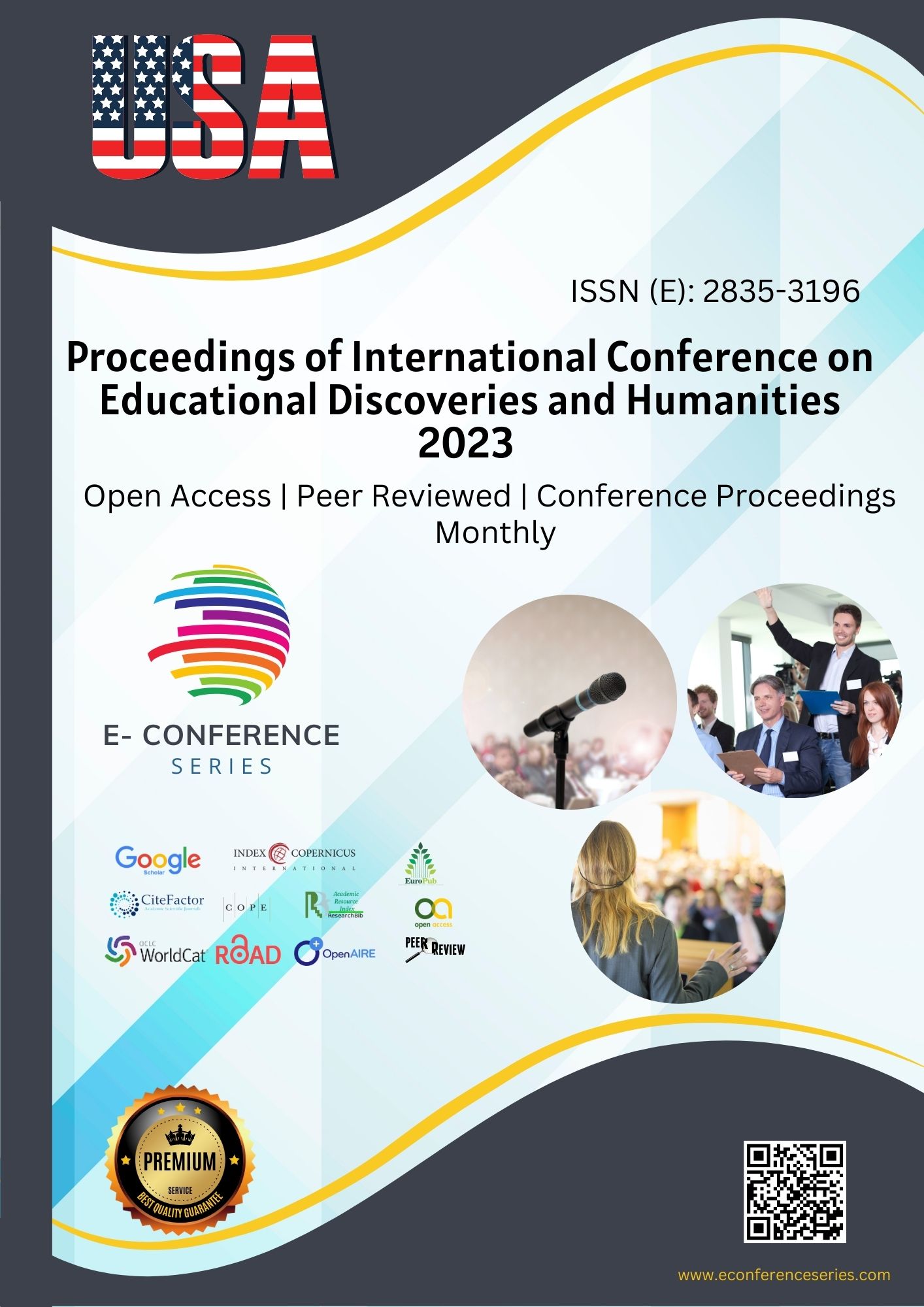THE IMPACT OF ARTIFICIAL INTELLIGENCE ON EMPLOYMENT
Keywords:
Artificial intelligence (AI), GDP, Automation, Technology, Innovation, BusinessAbstract
Artificial Intelligence (AI) is changing the job market, creating new types of jobs while automating routine tasks. With 20-50 million new jobs expected by 2030, AI is creating and enhancing jobs in healthcare, pharmaceuticals and other industries. While some industries may experience significant job displacement, the economy is expected to benefit from increased productivity and output. As AI continues to evolve, understanding its impact on employment and the economy is crucial. AI is rapidly transforming the workforce, with significant changes already apparent in the job market and employment landscape. As AI continues to develop and evolve, businesses and workers must adapt to stay competitive and efficient.
References
Law of the President of the Republic of Uzbekistan “On additional measures to further improve the external labor migration system of the Republic of Uzbekistan”
Bauer, T. & Zimmermann, K. Integrating the East: The Labor Market Effects of Immigration / American Institute for Contemporary German Studies, 1995. Papers 5. – P.32-43
World Migration Report. Migrants and Cities: New Partnerships to Manage Mobility. - Geneva, Switzerland, 2014-2017.
Global Employment Trends for Youth 2015 Scaling up investments in decent jobs for youth international labor office. – Geneva, 2017 Jim Crane. - P. 145-149
Steven Wright Rudenko, G. G. Izhevsk, J. M. Borjas, T. N. Bauer,
K. W. Zimmermann. 2014. – P. 124-126
www.IMO.org is the official website of the International Labor Organization.
Downloads
Published
Issue
Section
License

This work is licensed under a Creative Commons Attribution-NonCommercial 4.0 International License.








